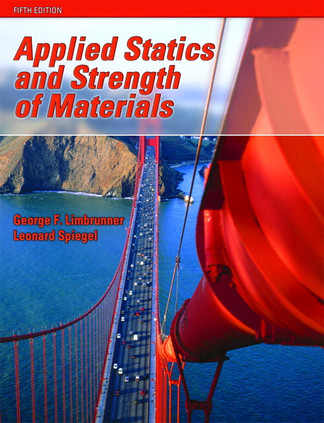Rapid rise in income inequality in India is a serious concern. While the emphasis is on inclusive growth, it seems difficult to tackle the problem without looking at the intricacies of the problem. Social mobility is one such important tool which helps in reaching the cause of the problem and focuses on bringing long term equality in the country. The purpose of this study is to examine the role of social background and education attainment in generating occupation mobility in the country. By applying an extended version of the RC association model to 68th round (2011-12) of the Employment and Unemployment Survey by the National Sample Survey Office of India, we found that the role of education is not important in generating occupation mobility in India, while social background plays a critical role in determining one's occupation. This study successfully highlights the strong intergenerational occupation immobility in the country and also the need to focus on education. In this regard, further studies are needed to uncover other crucial factors limiting the growth of individuals in the country.
翻译:印度收入不平等的迅速上升是一个严重关切的问题。尽管印度重视包容性增长,但似乎很难在不考虑问题的复杂性的情况下解决问题。社会流动性是帮助解决问题的原因并侧重于实现该国长期平等的重要工具之一。这项研究的目的是审查社会背景和教育成就在创造印度职业流动性方面的作用。通过将RC联系模式的扩大版应用于印度全国抽样调查办公室的就业和失业调查第68轮(2011-12年),我们发现教育的作用在印度创造职业流动性方面并不重要,而社会背景在决定个人职业方面发挥着关键作用。这项研究成功地强调了该国代代代相传的强势职业不流动以及重视教育的必要性。在这方面,需要进一步研究以发现限制该国个人增长的其他关键因素。




